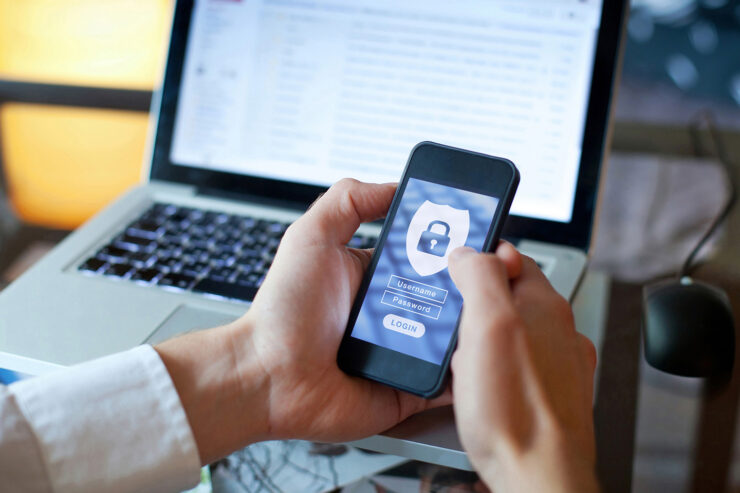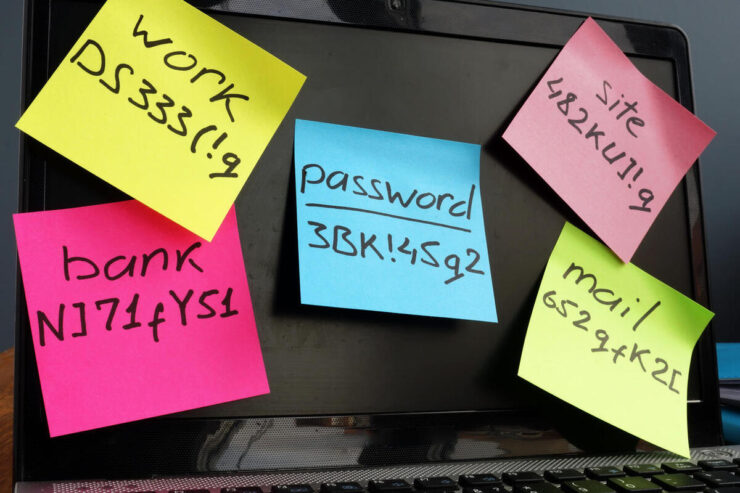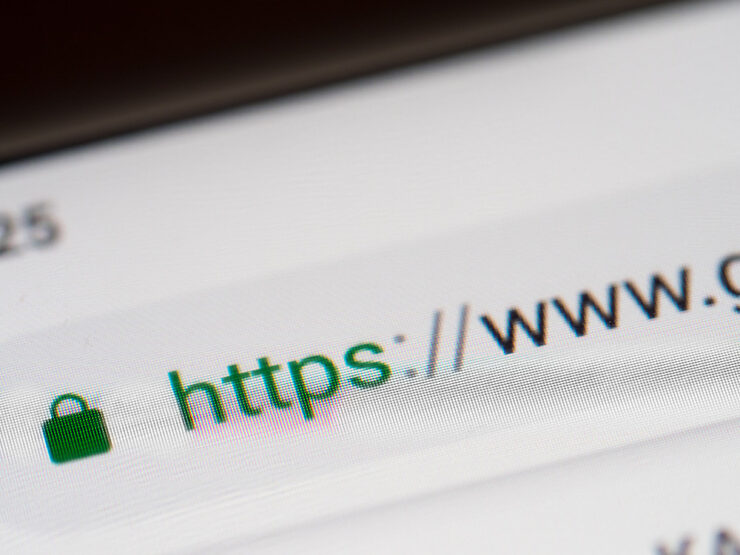Internet fraud has become a widespread phenomenon. Every third Internet user has come across unscrupulous Internet users who steal in one way or another. Hacking account passwords, stealing money from cards, blackmailing personal data – this is just a small fraction of the troubles that a loss of vigilance leads to. And what if you don’t know if the site you need to visit is safe, unless, of course, these are sites that use an encryption system to protect their members, such as Netflix or 22bet.co.ke/live/?
Today we will tell you 10 ways to protect yourself from online fraudsters. Remember, share the link with your friends and family.
Page Contents
1. Set a Password on All Accounts

Home and work gadgets are used by different people. The diversity of users creates a problem. For example, if in the absence of parents, friends came to the child-schooler, opened the browser, and realized that they got access to the Internet and other sites, passwords. A desire to make a joke or a trivial mistake leads to a disaster when viruses are launched on the device. There is also a risk of losing money from the bank card, as often the sites of stores and other services practice “one button” payment. Having automatic authorization on sites at hand, it is easy to make unnecessary purchases completely by accident, out of ignorance, or out of prank. This is why we recommend you create separate accounts on your computer, laptop, or tablet computer to control users’ personal access to online banking services.
Besides, a separate account allows personalizing your device according to your personal needs. Background, design theme. Don’t forget to create a guest account with restricted access for unauthorized users.
2. Set a Password on Your Smartphone
Despite the fact that the phone usually has a single user, we recommend setting a password to unlock it. Better yet, buy a model with a fingerprint scanner or Face ID technology. Fingerprint unlocking is already available even in inexpensive devices. We advise you to pay attention to this parameter if you plan to buy a new handset. And if you don’t have this feature, use the old-fashioned pin code.
3. Set Up Two-Factor Authentication

You’re probably tired of this kind of authorization, which is annoyingly offered by many online resources. But they offer it for a reason. Set up your email login with your phone number so that if you lose your identity, you can recover your passwords and account access. Email hacking is now tantamount to robbery. You will lose too much if you choose to neglect setting up two-factor authentication at least on your email service.
4. Set Up a Separate Email Account For Questionable Sites
We often use “trash” services, but are forced to be registered there. Think of a separate email to register him to enter such resources. Your main box will be free from a mountain of spam and advertising mailings.
There are even special temporary email services on the web. For example, 10-minute mail. Register a new box, whose life cycle will not exceed ten minutes. It’s quick and convenient when you’re working with “one-time” sites.
5. Watch Out for Mobile App Permissions

Especially if you have an Android smartphone. When updating software or installing the next update, keep a close eye on app permissions. Often they are easily disabled without affecting the functionality of the program. Pay attention to what the installed application wants to do. Agree that it is quite strange if an ordinary toy asks for access to your messages or contact list. Remember that under the guise of such applications fraudsters often produce viral software, which steals data from the phone and hacks online banks or other services.
6. Try Not to Use Public WI-FI Networks
Connecting to wifi in a cafe, airport or other public place is convenient, but unreliable. If you need to work with public Wi-Fi networks, it’s better to do it with the help of a VPN or other specialized services. Competently encrypted traffic will eliminate the possibility of hacking the device and identity theft, and you get the opportunity to surf the Internet without consequences for the nervous system and the wallet.
7. Don’t Be Lazy to Come Up With Unique Passwords

To save time we often set the same password to different sites. Even if the set of numbers and letters is unusual, we advise you to think up a different password for different sites. Identical service keys automatically untie the hands of cheaters who gain access to at least one of your profiles.
Try to create your passwords without the help of special Internet managers. Practice shows that the data from such services can also be hacked. Figure out a logical way to create unique passwords for your accounts. Find an unusual memorable system to protect your data.
8. Use the Find Me Feature
This functionality is present in both iOS and Android. Remote device search is a handy thing and will save a lot of nerves in case of theft or loss of some gadget. The service displays on the screen of your smartphone or another gadget the location of the device you are looking for. This option will allow the user to send a signal or message to the device, and if necessary, remotely lock or delete personal data. Take care to set up this feature in advance so you don’t regret it when the wrong thing has already happened.
9. Watch the Names of the Sites You Visit

Swindlers have become so clever that they create exact copies of popular Internet portals. Now sites that involve authorization or online payment have an address of HTTPS://, as they are necessarily accompanied by an SSL certificate. The algorithm of the new generation browsers provides for the analysis of this factor. If the site is real and not fake, you will see a green padlock next to the address. If this designation is missing, the certificate is invalid or the site is fake. This means that your data may be stolen or copied. We do not advise you to use such resources.
10. Keep Your Privacy
Do not disclose your data, keywords, or the scheme of selecting passwords for accounts. Moreover do not “light up” your credit card secrets (CVV code, expiration date, etc.). To protect yourself as much as possible during online purchases advise having a PayPal purse. These intermediaries will save your information and you will be able to shop online without fear of fraud.
Guided by these tips, you will protect yourself from the actions of Internet fraudsters. Don’t forget to share this article on social networks to spread information among your friends and acquaintances. Forewarned is forearmed!

